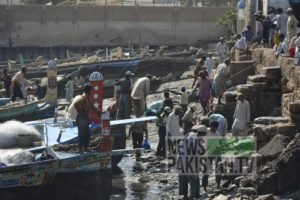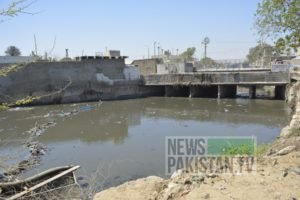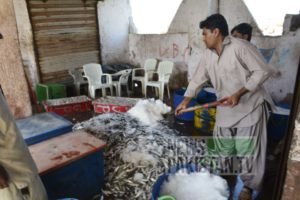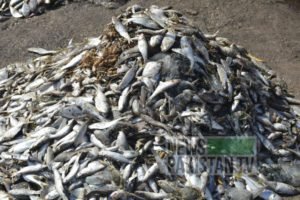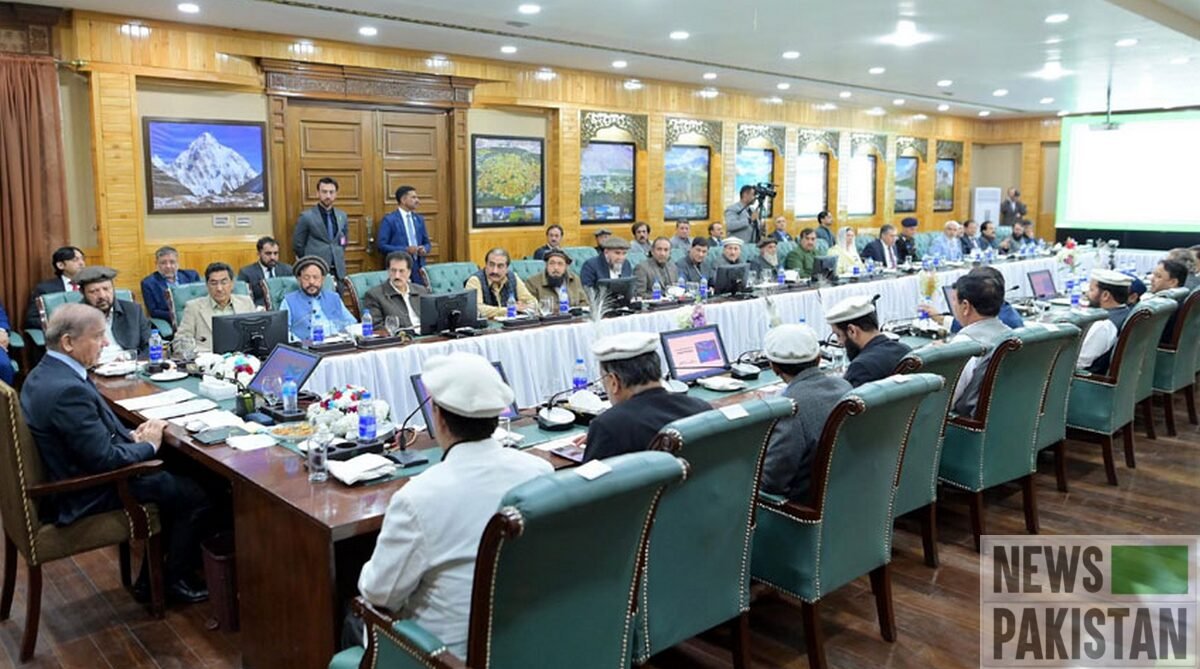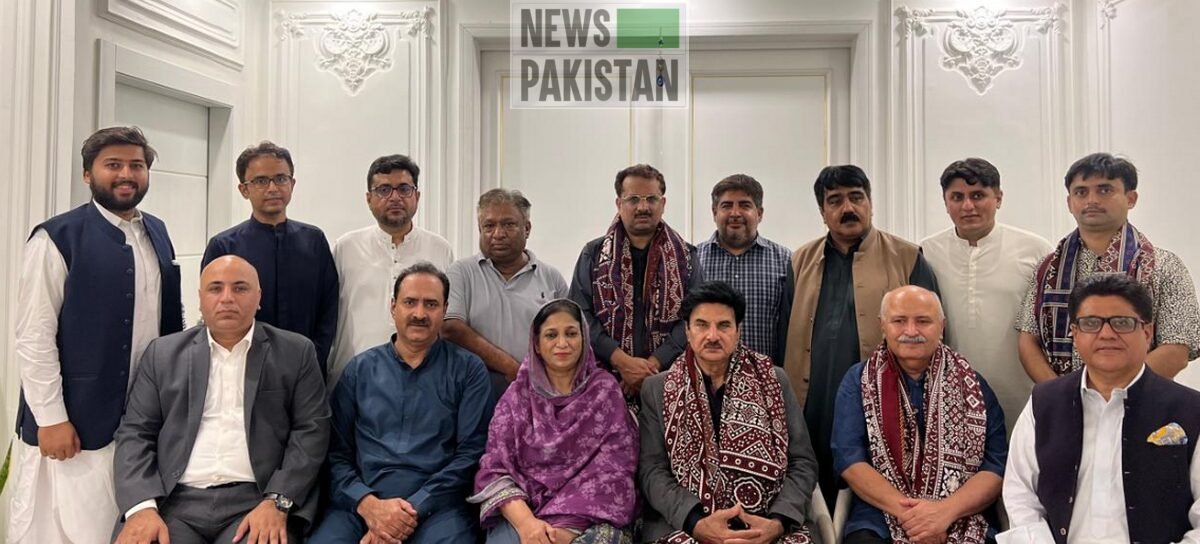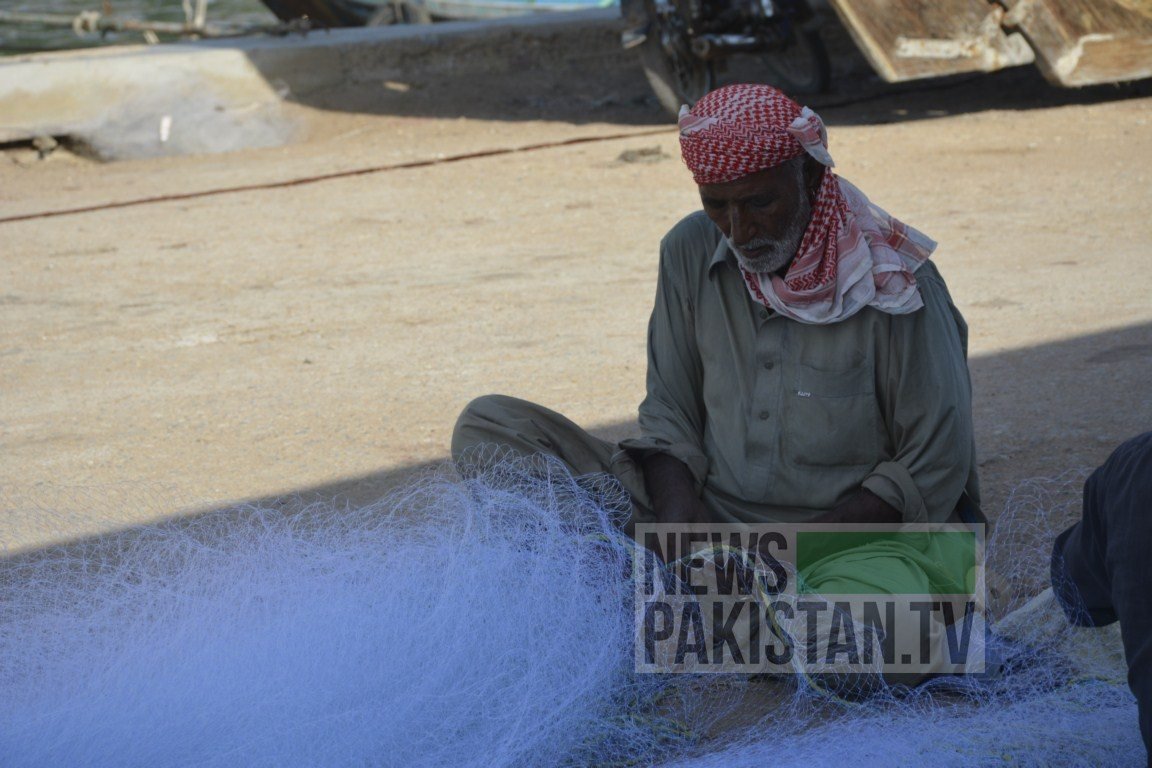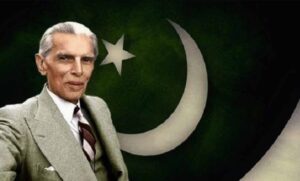TEXT AND PHOTOS BY AMAR GURIRO
KARACHI: The coast of Pakistan’s biggest city and commercial hub of Karachi along Arabian Sea, was once famous for its blue waters and scenic beaches.
Due to the clean crystal waters along Karachi coast, local fishermen were finding abundant fish catch near the shores. Due to their prosperity, fishermen were known as Mirbahar a local word which means king of sea.
But almost everything has changed now. Pouring of raw sewage and toxic industrial effluents into the sea has not only destroyed the sea life but also has reduced the fish catch.
Abass Malah is an indigenous fisherman and his family lives in Karachi’s oldest fishermen settlement Ibrahim Hyderi for past many hundred years. With a small-sized fishing boat and nylon net, he used to fish near his settlement, but due to the pouring of sewerage water and poisonous industrial waste, he can’t find enough fish.
Not Abass Mallah alone, but most of the fishermen living along Karachi coast confirm that sewerage and industrial waste has destroyed the sea. Fifty-five year old Muhammad Talib Hussain, a fisherman and a social activist recalls his childhood, when he used to catch fish with the help of dupatta.
Excavator is working on this huge size nullah to ensure that human waste and industrial effluent finds its way to the Arabian Sea. According to official data, there are more than 18 nullah of this size carrying highly contaminated chemical water and human waste flowing round the clock towards the sea.
Sindh Environmental Protection Agency (SEPA) is an autonomous governmental body to ensure the protection of environment. Director General SEPA Naeem Mughal confirms that raw sewerage, untreated industrial waste, human and livestock waste is poured into the sea every day.
“We are aware of that large number of industries are pouring their untreated effluents and waste into sea, but it is because that either they are not capable to handle the situation or they are lacking funds,” he said, adding that the agency is trying to content the problem.
Most of the fishermen consider sea as their mother which provides livelihood to the millions of people in terms of fish, crabs and other sea food. They also complained that human are polluting the major source of their livelihood.
